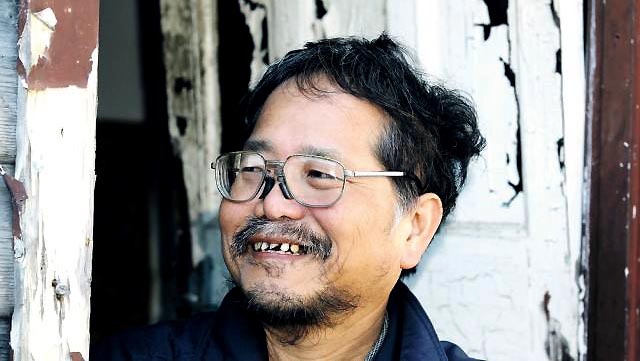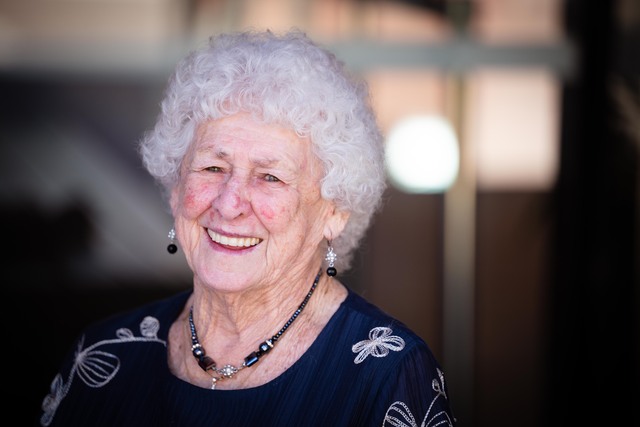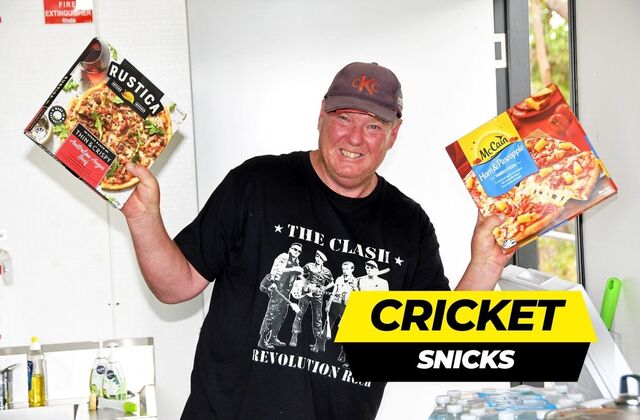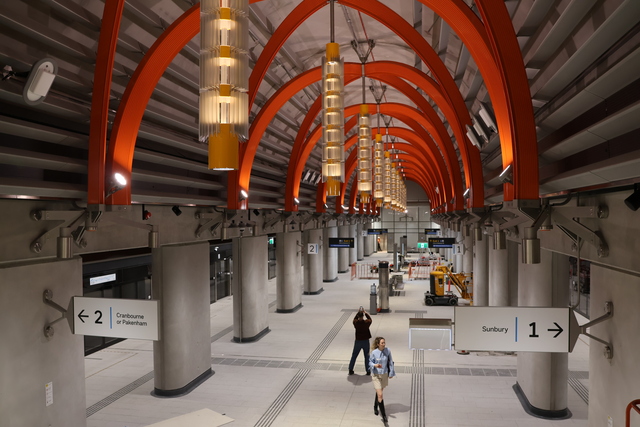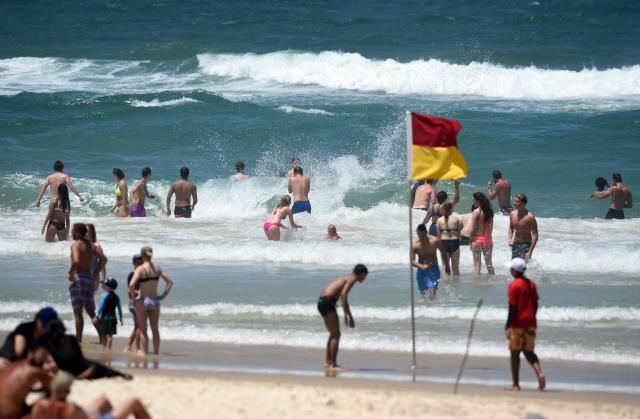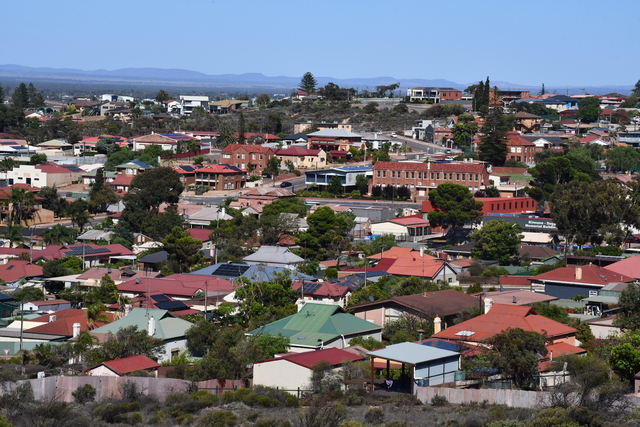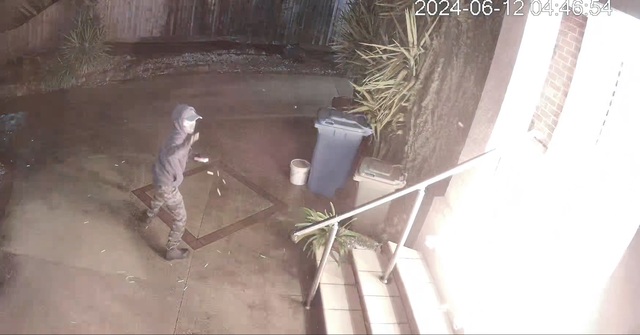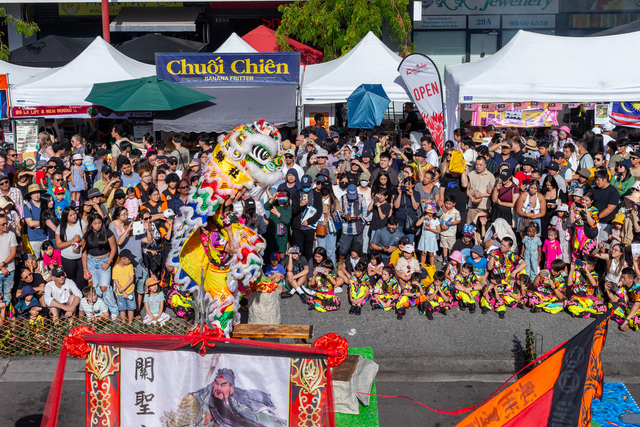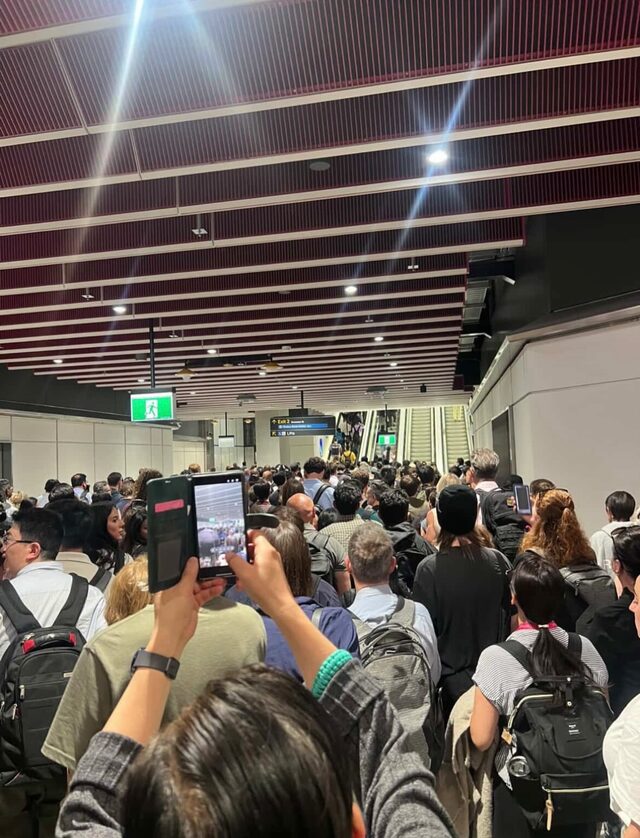By CAMERON LUCADOU-WELLS
Vu Ho’s legal fight to keep his pet sheep at home has made him a
local hero. But he has faced far more dangerous conflicts in his amazing
past, as CAMERON LUCADOU-WELLS reports.
UNDER an open Springvale garage door, unemployed mechanic Vu Ho has been typing up his High Court application.
His garage office is set among the chaos of car parts, paint tins
and found objects. The nearby car hoist has been dormant for more than a
year as Mr Ho has been busy fighting a legal battle against Greater
Dandenong council to keep his pet sheep, Baa, at home.
“I haven’t had time to sort out all this,’’ Mr Ho says as he escorts the Journal through a hoarder’s paradise, replete with pots of chilli and Vietnamese mint plants.
Burrowing in a corner of the yard is 16-year-old Baa, heavily
fleeced and ailing with an ear infection. Last month, three judges at
the Court of Appeal – Victoria’s highest court – unanimously vindicated
Greater Dandenong council’s right to order the removal of Baa and fine
Mr Ho $250 for keeping livestock on less than half a hectare.
When Mr Ho lost his legal appeal to keep Baa at his home, he
faced a $200,000-plus bill. But he has faced much worse. As he said
after the Court of Appeal hearing: “I risked my life to get here [to
Australia] so it’s nothing to lose money.”
It is extraordinary enough that Mr Ho, untrained in law and
uncertain in English, produced a thorough 116-page legal submission and
represented himself in court. The submission won praise from the court’s
president, Justice Chris Maxwell, who said: “I haven’t seen such
well-directed research by an unrepresented litigant … for some time.”
Few people would know that Mr Ho worked as an anti-communist
revolutionary in Vietnam, plotting against the Viet Cong government in
the 1970s, escaping from prison and avoiding pirates when fleeing by boat.
In his clandestine operation, he forged fake money and government
identity cards so his colleagues could move freely around Vietnam out of
the gaze of the regime’s police. Outrageously, the foundry was under
government control opposite Saigon police headquarters.
He built his own gun, which looked like a pen, and learnt how to
make explosives. But the revolution didn’t catch hold. He was caught by
authorities for his forgeries and sentenced to four years’ jail.
Mr Ho thinks he was treated lightly because his father was a
communist hero, leading student revolutions in the 1960s but dying
during the Tet offensive.
Mr Ho believes his father was shot by his superiors for rebelling
against an offensive that sacrificed troops, outnumbered by thousands of
American soldiers. His father’s legacy is sealed in a Saigon street
sign.
Mr Ho escaped from a prison jungle camp after midnight on New
Year’s Eve, 1980. With guards and prisoners asleep and certain to sleep
in the next morning, Mr Ho was “in charge of security’’.
“Every day I was in prison I was looking for a way out,” Mr Ho says. “I didn’t want to be a slave.”
He fled the camp, running through the jungle for two hours
non-stop despite the pain of a previously broken foot. He caught a truck
to Saigon and stayed out of sight while planning his escape from
Vietnam with a group of friends and relatives.
He built a home-made catamaran from two small river boats and taught himself mechanics as he fixed an engine for his craft.
The group carried the vessel along the jungle coast to avoid
police. The captain of a Thai trawler allowed them to hitch a ride,
which saved them from marauding pirates who trawled the seas between
Vietnam and Malaysia.
But danger was always imminent – rogue sailors on the trawler
threatened to rob the party, and when the captain dropped the party off
on the high seas, Mr Ho’s vessel could not outrun three pirates in a fishing boat.
Facing the barrels of their guns, Mr Ho did some quick talking,
convincing them his party had no possessions. The pirates not only
spared their lives, but gave them petrol, fish and rice for their voyage
to Thailand.
“I have never been afraid of anything,” Mr Ho said last week.
“If something happened [during the confrontation], I’d find out something to do. I didn’t try to think about it too much beforehand.”
The group was granted refugee status at an Australian government
mission in Thailand, allowing Mr Ho to set up his home in Springvale in
1981. He has worked as a mechanic from home, charging $60 an hour labour
to his friends.
The resourceful Mr Ho is clearly not a person to be underestimated.
WORLD RECOGNITION: Vu Ho, Baa go international
YOUR SAY: What you think of Vu Ho’s battle to save his sheep
APPEAL: Vu Ho counting on High Court

